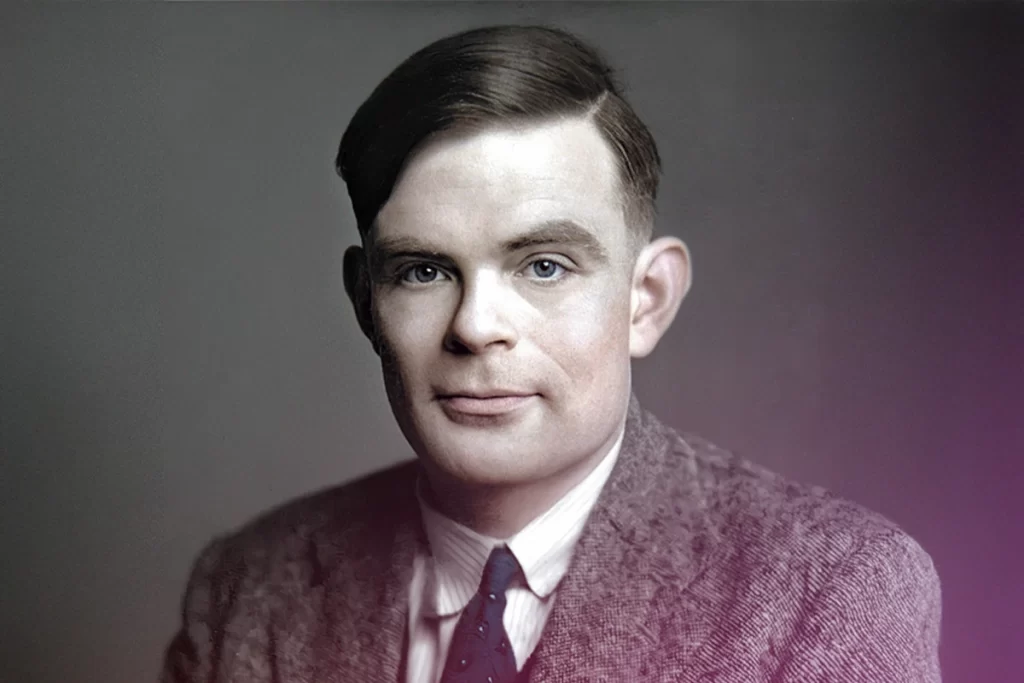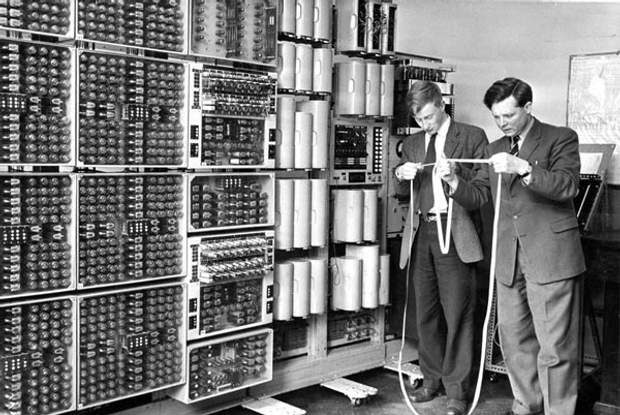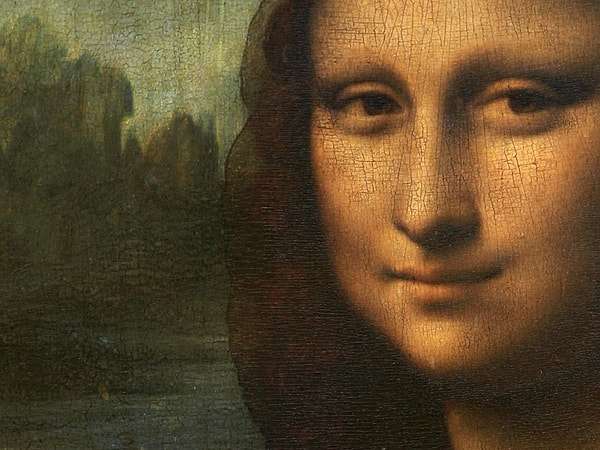In a quiet English town in 1912, a boy was born who would go on to lay the intellectual foundations for one of the most powerful forces of our century: artificial intelligence. His name was Alan Turing—a mathematician, codebreaker, philosopher, and visionary who asked a question long before machines could answer it:
“Can machines think?”
This single question didn’t just inspire decades of research. It launched an entire field.
The Man Who Turned Thought into Code
Turing’s genius came into public view during World War II, when he helped crack the Nazi Enigma code, saving millions of lives and shortening the war. But his real revolution was theoretical. In 1936, he imagined a universal machine that could simulate the logic of any computer algorithm.
That abstract idea became known as the Turing Machine—the ancestor of all modern computers.
But Turing didn’t stop there. In 1950, he published Computing Machinery and Intelligence, where he proposed the famous Turing Test: if a machine could have a conversation indistinguishable from a human, could it be considered intelligent?
That was the birth of the AI question—not as an engineering problem, but as a philosophical one.

Turing and the Roots of AI
Turing wasn’t building chatbots or training neural networks, but his work shaped the very logic that artificial intelligence would one day rely on. He believed that thinking was a computational process—and if the brain could be modeled mathematically, then perhaps machines could one day think too.
His ideas sparked debates that are still alive today:
- Can a machine be truly creative?
- Is intelligence just information processing?
- Where does human consciousness fit in?
Without Turing, these questions might not even exist.
The Tragic Visionary Who Saw the Future
Despite his brilliance, Turing lived in a world that punished him for being different. He was openly gay in a time when it was illegal in the UK. In 1952, he was convicted for “gross indecency” and chemically castrated. He died just two years later, at age 41—many believe by suicide.
Today, he is recognized not only as the father of computer science, but also as a symbol of how society can fail its most brilliant minds.
So here’s the question Alan Turing would want us to ask today:
Not just “Can machines think?”—but also: “Are we thinking ethically about the machines we create?”
🎬 Want to Meet Turing Beyond the Text?
If you’re curious to see Alan Turing’s life brought to the screen, watch The Imitation Game (2014), starring Benedict Cumberbatch.
It dramatizes Turing’s efforts to break the Enigma code during WWII and gives a glimpse into the mind of a man who cracked secrets not just of war, but of thinking itself.
It’s not just a war film—it’s a story about the birth of the digital age.



